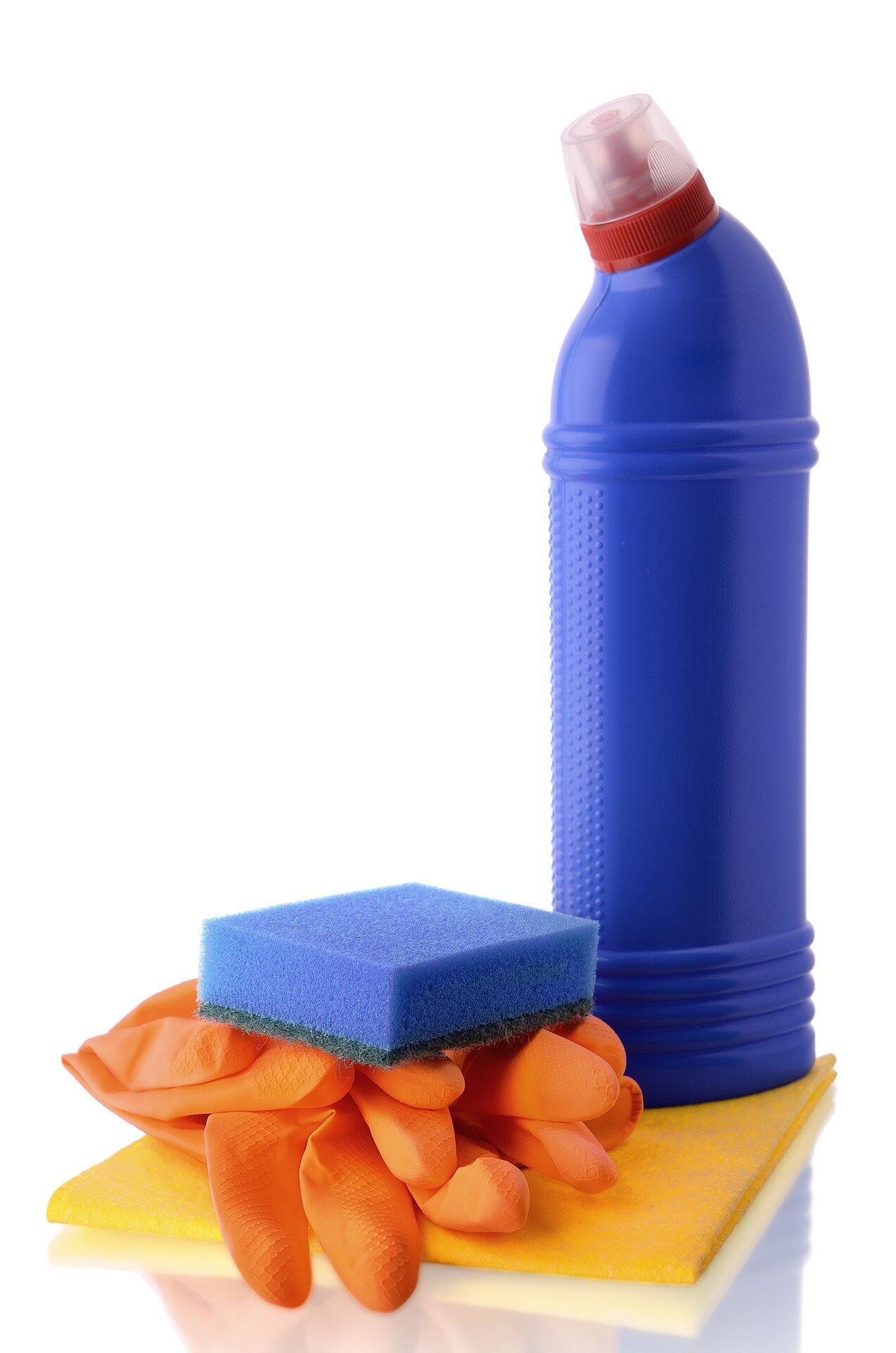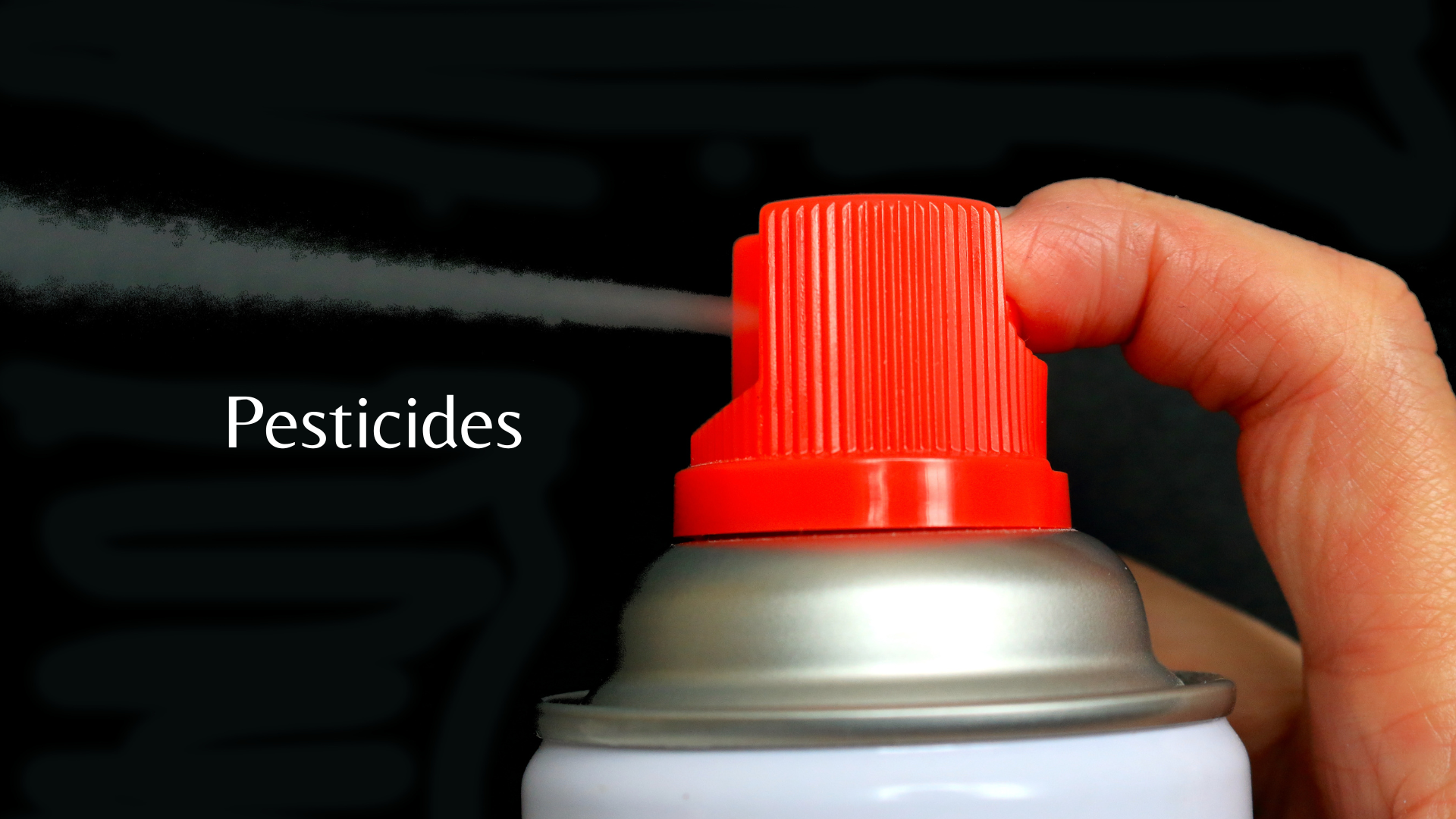
Household Safety
RESOURCES
-
![Household Safety]()
Household Safety Checklist
Preventing poisoning at home is a priority. Knowing what poisons you have in your hold and how to store them properly is the best prevention. Click below for our Household Safety Check List.
-
![Red foam fire extinguisher mounted on a dark gray wall with safety instructions above.]()
Use the Right Fire Extinguisher the Right Way
The MiPDC and our friends and MiPrevention want to be sure that Michiganders know about fire safety . Having the right fire extinguisher in your home and business is important. Click the link below to learn more about the best extinguishers for your space and how to use them best.
-
![Image of a carbon monoxide alarm with a finger pointing to it, featuring a warning symbol and text about carbon monoxide. Includes the logo of Michigan Poison & Drug Information Center and the website mipoisonhelp.org.]()
Prevent Carbon Monoxide Exposure
Every year carbon monoxide exposure results in thousands of hospitalizations and hundred of fatalities in the U.S. Take steps to keep your home safe and prevent exposure. Click below for information from your MiPDC.
-
![Smoke detector on a concrete ceiling]()
Smoke & Carbon Monoxide Detector Installation
Having the right alarm with correct placement is important for early notification of a fire. See recommendations for alarm installation from MiPrevention in the link below.
-
Button Batteries
Button batteries are commonly used in hearing aids, other small electronic devices, and even toys. Swallowing button batteries is known to cause serious injuries and health risks. Click the button below to learn more about preventing incidents related to button battery exposures.
-
![Li-On]()
Lithium Ion Battery Safety Q&A
Lithium ion batteries power many devices and equipment we use all day long and every day. But they are not the same as older, dry cell batteries. Learn more about safe use and precautions for disposal of lithium ion batteries in this Q & A.
-
![Illustration of a house outline with text "Radon Air Testing" inside, featuring a heart rate line across the bottom. Background contains faded text about radon.]()
Radon: Know the Risks in Your Home
Over time, exposure to radon in homes can increase the risk of developing lung cancer. Radon exposure is the second leading cause of lung cancer after cigarette smoke. Click below for information from the Center for Disease Control and Prevention (ingles y español)
-
![Warning about carbon monoxide danger with images of a gas generator, household furnace, outdoor grill, and car exhaust.]()
Multi-Lingual Fact Sheets-Carbon Monoxide Safety
Thousands of people each year become sick from carbon monoxide (CO) exposure. The U.S. Center for Disease Control and Prevention wants to make sure everyone has access to information to help prevent illness and death related to this common poisonous gas. Click below for information in your native language.
-
![Ceiling-mounted carbon monoxide alarm with test and reset button]()
MI Tracking- Carbon Monoxide Poisoning
Michigan Environmental Public Health Tracking provides facts and quick tips to help decrease the risk of carbon monoxide poisoning and protect everyone in your household.
-
![Glass of water with ice on wooden table, blurred background]()
"Get Ahead of Lead"
As a leader in the nation in lead exposure prevention, the Michigan Department of Health and Human Services (MDHHS) recommends that Michigan households take the necessary steps to Get Ahead of Lead to stay safe and protect against the threat of lead in drinking water. Click below for more resources from MDHHS
-
![Red warning tape with text "DANGER LEAD REMOVAL AUTHORIZED PERSONNEL" in front of people in yellow hazmat suits.]()
Lead Screening and Prevention-Statement from the MiPDC
The Center for Disease Control and Prevention has updated guidelines for lead screening in young children. Adults should be aware of these changes and know what to do for the risks associated with lead exposure.
-
![Liquid mercury droplets, a CFL bulb, a mercury thermometer, and the chemical symbol 'Hg' on a white background.]()
Mercury Spills in Homes
Mercury is a common toxic metal found in homes. Thermometers, CFL’s, and other sources can still be found in houses, garages and other storage areas. Replace old mercury thermometers before they break. Learn more about safe mercury clean up from the Michigan Department of Health and Human Services (MDHHS)
-
![Various plastic cleaning product bottles, including spray bottles, detergent bottles, and soap dispensers, arranged side by side on a white background.]()
Safe Home Cleaning Q & A
Cleaning products and disinfectants are the second leading cause of calls to poison centers in the U.S. Before you buy products or start cleaning, be sure to consider safety and proper use to avoid unintended product exposure and effects.
-
![Smoke detector on ceiling in a modern living room.]()
Home Fire & Carbon Monoxide Safety Checklist
Our partners with MiPrevention provide this quick home safety checklist to help all those living and working in Michigan prevent fires and guard against exposure to carbon monoxide.

Disposal and drop-off locations for household hazardous waste-EGLE
Household hazardous waste includes products that we purchase and use every day in our homes that can harm us or the environment if they are not handled properly.
Materials Request
To obtain poison prevention and safety education materials, click the button below or call 1-800-222-1222 to reach our educator.

















